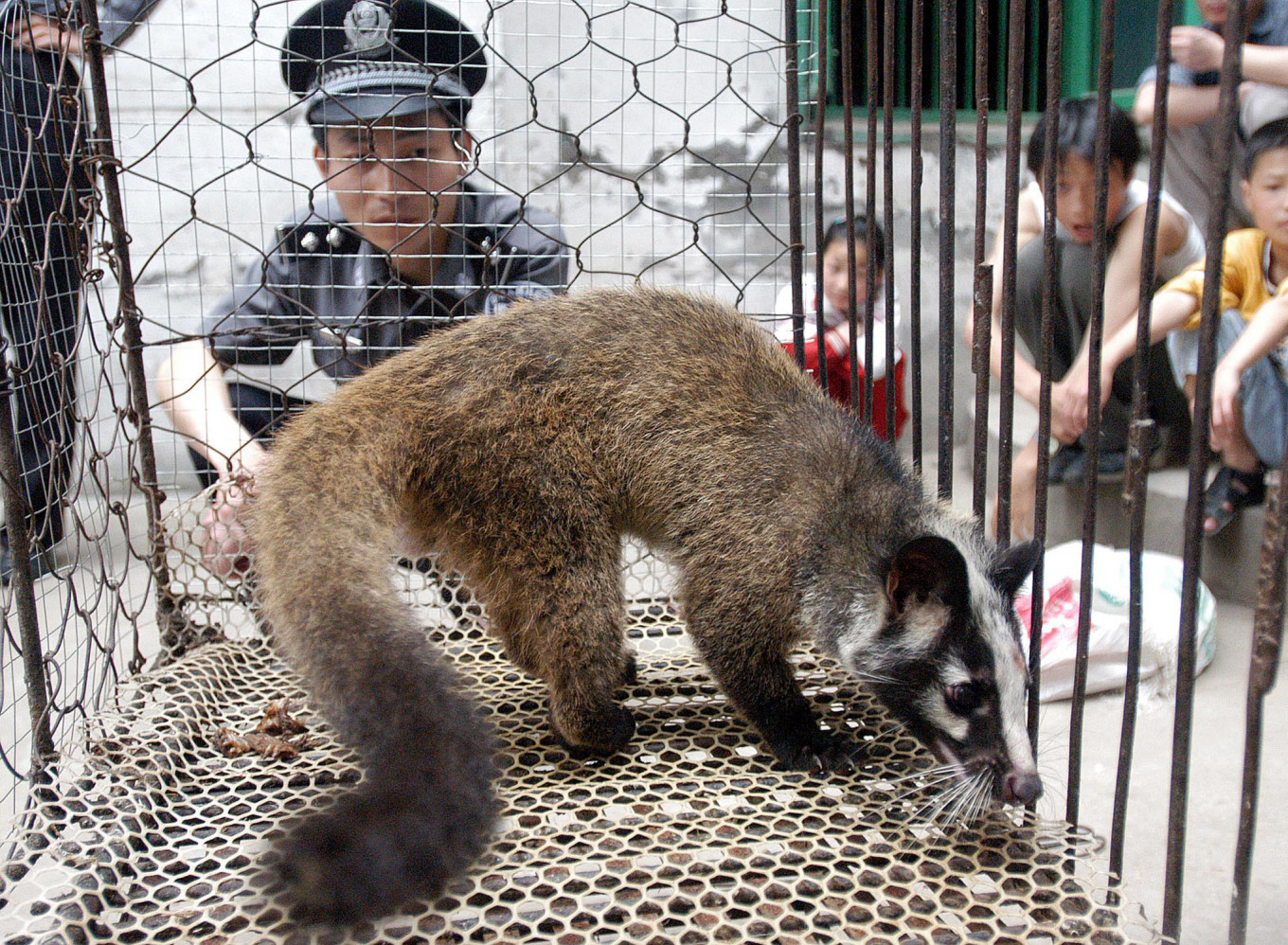Popular Reads
Top Results
Can't find what you're looking for?
View all search resultsPopular Reads
Top Results
Can't find what you're looking for?
View all search resultsMonitor wildlife trade as certain animals 'have potential' as coronavirus carriers, warns LIPI
Indonesian researchers suggests that some mammals and reptiles, including rodents, bats and snakes, are believed to be potential carriers of the coronavirus that first originated in the Chinese city of Wuhan.
Change text size
Gift Premium Articles
to Anyone
I
ndonesian researchers have urged the government to implement stronger measures against the cross-border wildlife trade to anticipate the possible spread of the novel coronavirus, 2019-nCoV, which is believed to have first emerged among wild animals in a market in the Chinese city of Wuhan.
Cahyo Rahmadi, head of the Zoology Department at the Indonesian Institute of Sciences' (LIPI) Biological Research Center, said that authorities should keep watch of wild animals entering the country from other continents amid the fast-spreading outbreak.
“The animals that have the potential to become [coronavirus] carriers are rodents, bats, carnivores and primates like monkeys,” Cahyo said in a written statement received by The Jakarta Post on Monday.
As viruses with a single-stranded RNA genomes, coronaviruses are often found in wild animals, including mammals, birds and reptiles. Such viruses, according to experts, are known to attack humans' respiratory systems, causing illnesses ranging from mild colds to deadly diseases such as Severe Acute Respiratory Syndrome (SARS) and Middle East Respiratory Syndrome (MERS).
LIPI microbiology researcher Sugiyono Saputra explained that such viruses were able to mutate faster than other types of viruses, including those with double-stranded DNA (dsDNA), especially since coronavirus spread was linked to humans' high mobility.
Research conducted by LIPI suggested that the three types of coronavirus -- which caused SARS, MERS and the one emerging from Wuhan -- had been spread through bats, Sugiyono said.
Although humans usually had limited interaction with bats, the virus could infect other animals that often had contact with humans. The animals, as virus carriers, later spread the virus to people, he said.
Read also: China bans wild animal trade until viral outbreak eases
Citing the SARS epidemic -- which also came from China and killed about 800 people worldwide in 2002 and 2003 -- Sugiyono said that the virus originated among bats, civet cats and raccoons. Meanwhile in the MERS outbreak, which killed some 282 in Saudi Arabia in 2014, the virus was transmitted from camels to humans.
"In the new [coronavirus], the genetic materials from 2019-nCoV is the recombination of genetic materials of viruses originating from bats and snakes," he said, citing the finding of study published in the latest Journal of Medical Virology, which obtained the data after comparing the Wuhan coronavirus with more than 200 types of coronavirus found in various animals.
“Researchers suspect that mammals are the most probable candidates to become carriers, like with the SARS and MERS cases before."
However, Sugiono went on to say that more thorough studies should be carried out to form exact conclusions about the origin of the Wuhan coronavirus.
Chinese authorities have previously linked wild animals sold at a market in Wuhan to the coronavirus, which as of Tuesday had killed 106 people in China and infected more than 4,500 people in four continents, Reuters reported.
LIPI wild animal researcher Taufiq P. Nugraha concurred with the hypothesis, saying it was possible that the first person who was infected by the virus in Wuhan had direct contact with animals prior to the infection.
“The interaction could be through food consumption or processing of the animal, which could be the virus carrier or the one from which the virus originated," he said.
China has temporarily banned the wildlife trade nationwide in markets, supermarkets, restaurants and e-commerce websites to curb the coronavirus outbreak. (dpk)










